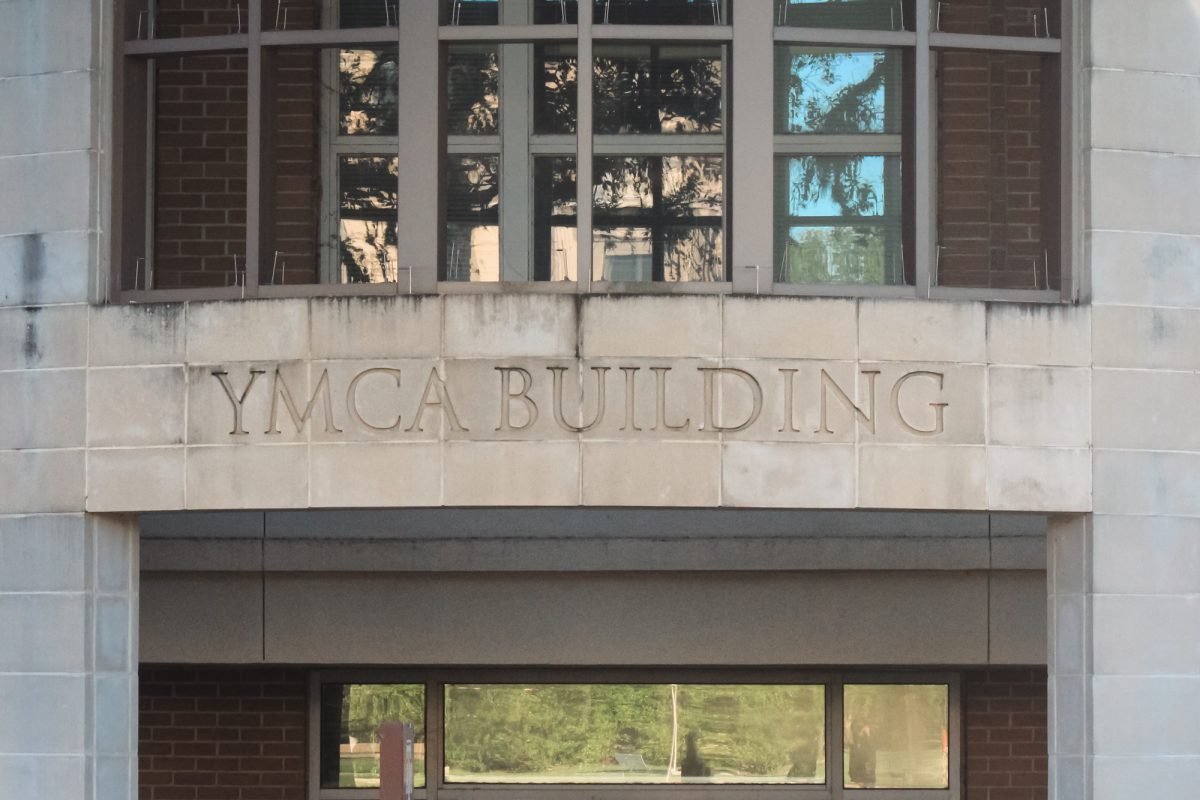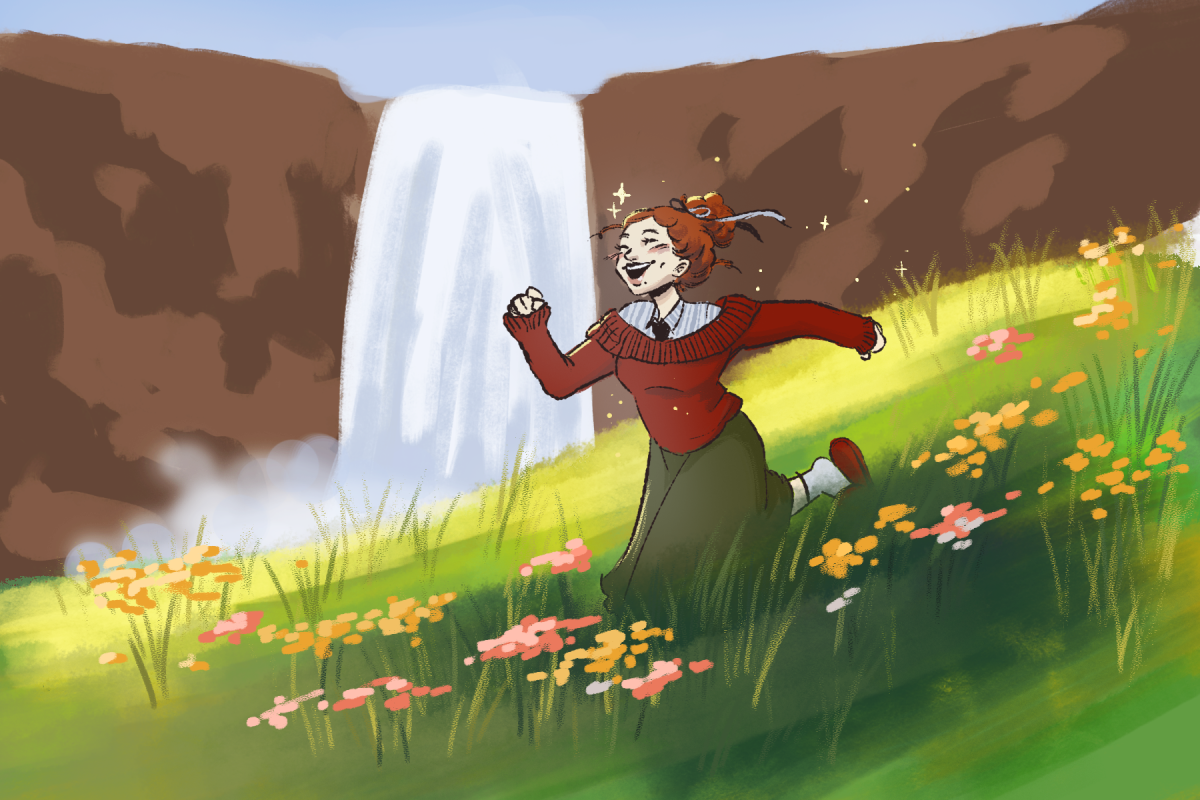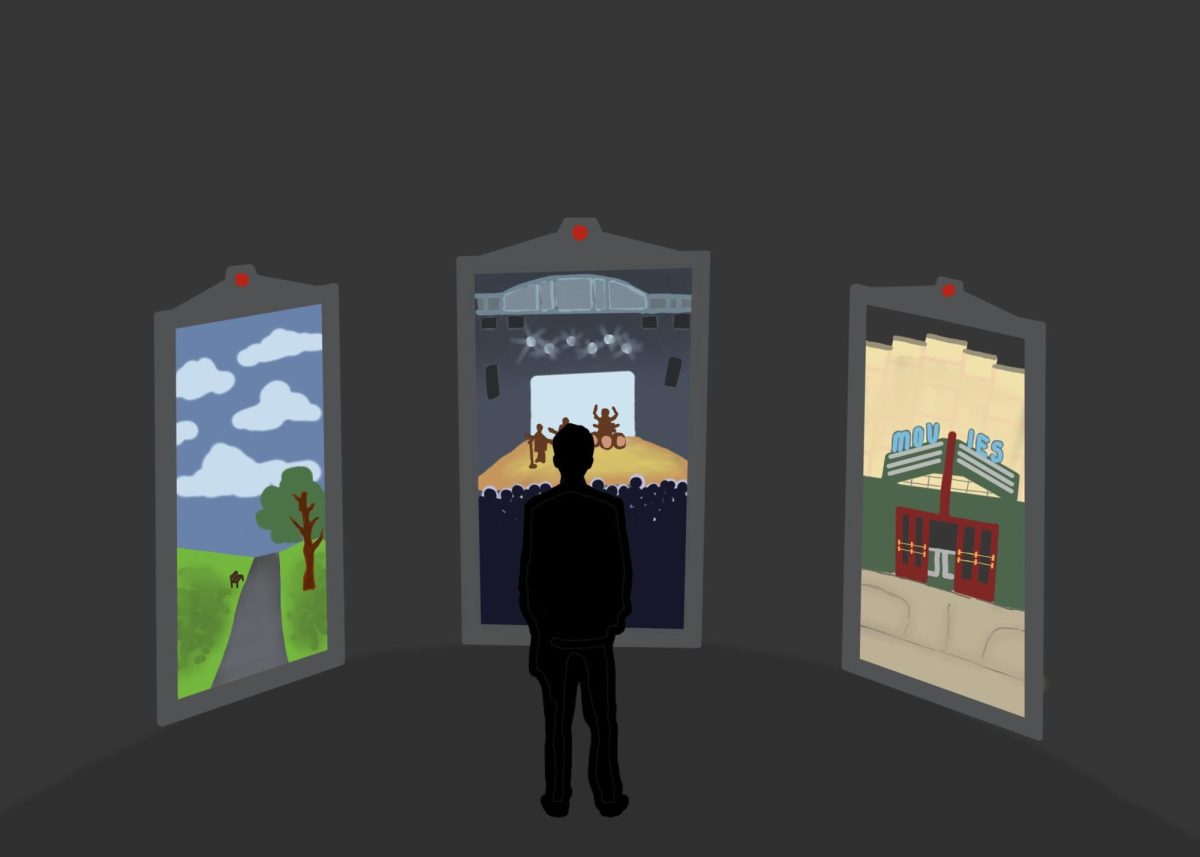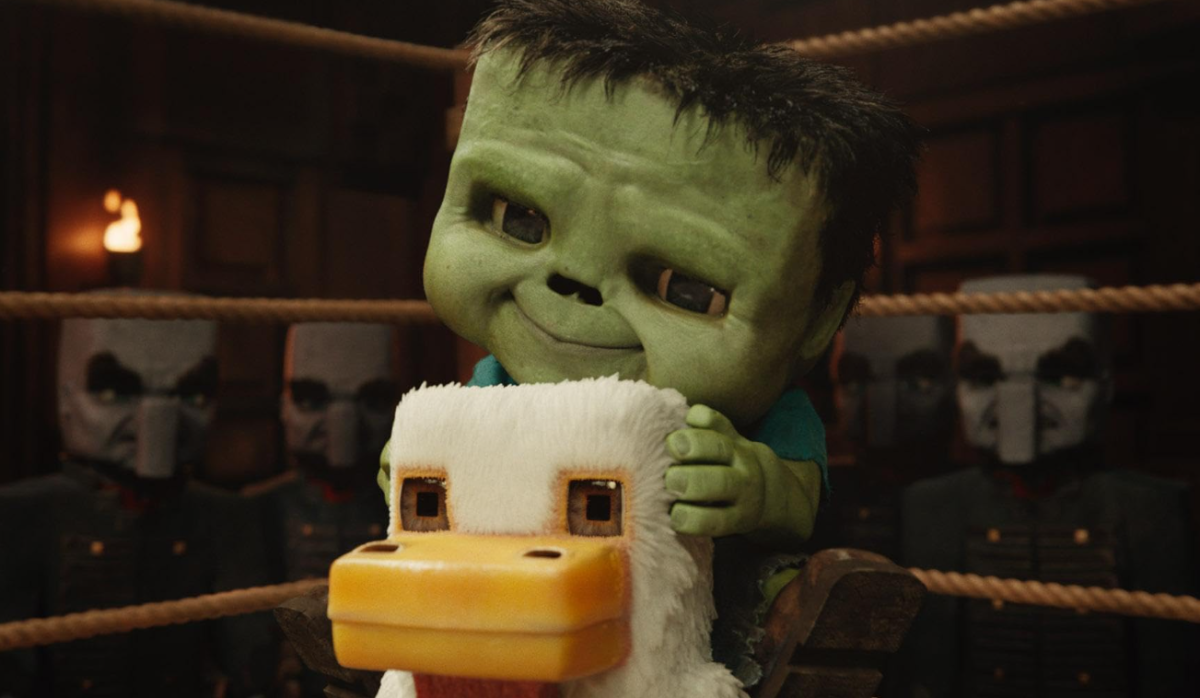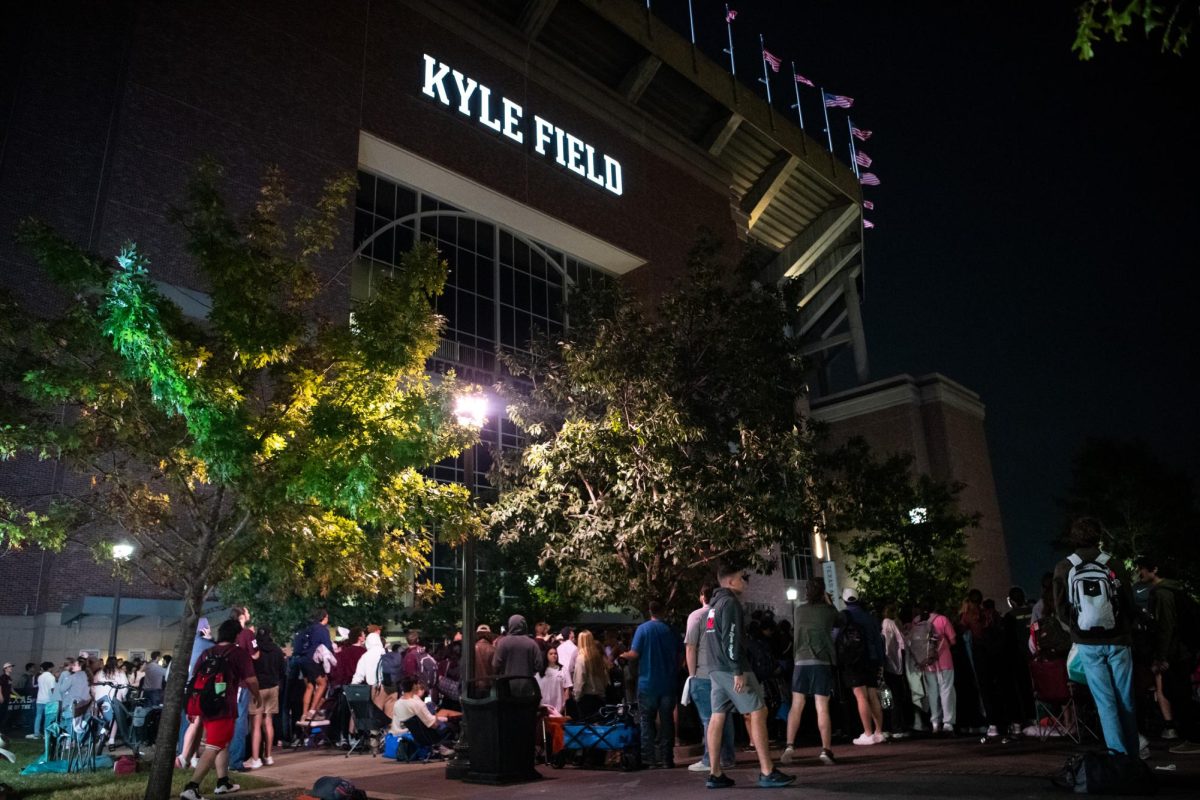“Allahu Akbar,” a plaintive voice echoes out at night in a video of Islam’s second most sacred site in Madinah, Saudi Arabia. The mournful call reverberates from the towering minarets of the massive, illuminated edifice that is The Prophet’s mosque. It is a sound that is at once powerful, ancient and hauntingly beautiful. But looking more closely, you realize something is terribly wrong. The adhan, or call to prayer, usually resounds overhead as throngs of the faithful stream into the mosque like mighty caravans of humanity coming to join thousands in prayer.
But in the recording we see no people, just an eerie desolation.
Tragically, the disquieting emptiness of Madinah is not a unique sight in these times. Muslims across the world have been estranged from their mosques during the coronavirus crisis. With the holiest month of Islam’s calendar, Ramadan, having started on Friday, the global Muslim community, or “ummah” in Arabic, is faced with an unprecedented disruption of time honored communal traditions. The Islamic Center of Bryan-College Station (ICBCS) is no different.
Despite increasing awareness of the holiday, Ramadan can be hard to explain to non-Muslims. While most know of the diurnal prohibitions of eating, drinking and sexual relations, few know about its other less known (but just as important) inner dimensions. Personally, Ramadan is a curious melange of contrasts: hunger and satiation, joyous celebrations and remorseful supplications, dozing during the day and standing in prayer at night. This year, many Muslims are experiencing something new: isolation.
Perhaps the greatest social aspect of Ramadan is the sense of community it brings to Muslims. Indeed, the aforementioned concept of ummah is an exceptional aspect of being Muslim, and binds disparate peoples across time and space in an ineffable sense of togetherness. Nevertheless, for some Muslims, community can be elusive.
Indeed, for many converts, Ramadan can be an especially lonely time. Often lacking family and social support, I remember one brother during undergrad who hid his faith for fear of backlash, furtively joining us at the mosque for night prayers. Nowadays, ICBCS has been actively trying to accomodate the needs of new Musims, especially during Ramadan. Recent converts like my friends Dustin Kemp, Class of 2007, and Ben Simington shared their thoughts.
“Coming to Islam has not been difficult, but maintaining a community has been a challenge,” Dustin said. “I’m quite literally the only brother of my demographic and age group represented within the community … but over the past year, I’ve been fortunate to find brothers I can depend on and who can depend on me.”
For Ben, responding to how he was handling Ramadan in isolation at his childhood home in Illinois, he cited the support from an unlikely place for many converts. “My family has waited to have dinner for me,” he said. When I asked him about the mosque, Ben said he missed being able to “serve people” as a volunteer doling out the communal iftar to congregants. In regards to the local community here, he remarked that it “has really made me feel a part of it,” giving him “a sense of pride and ownership.”
In many ways, Ramadan at ICBCS is a unique experience, even for those who, like myself, have been Muslim their whole lives. Away from our immediate families, the mosque provides the opportunity for us to forge a new family with other Muslims, who comprise the most ethnically diverse faith group in America. But with the COVID-19 crisis, the mosque, like many across the nation and the world, is compensating for the absence of communal traditions with an influx of online content. But some are finding a silver-lining amidst the upheaval. Ben, for example, sees isolation as an opportunity for spiritual seclusion to focus “inward.”
Here at ICBCS, we are doing the best we can to deal with the unprecedented circumstances. Although not able to provide meals everyday like normal, drive-thru iftars are available on Monday, Wednesday and Friday from 7-7:45 p.m. Furthermore, educational programs can be accessed through the ICBCS Facebook page. Please reach out if you’re feeling alone, new Muslim or “old.”
After witnessing the perseverance of our community, my concerns of going through an isolated Ramadan have largely subsided. Now, when I watch that video of the Prophet’s mosque, it feels as if the adhan is itself a presence. Filling the void of hundreds of thousands of people, reminding believers like myself, that indeed “God is greater.” Greater than this virus, greater than our separation from each other, greater than anything.
‘God is greater’
April 26, 2020
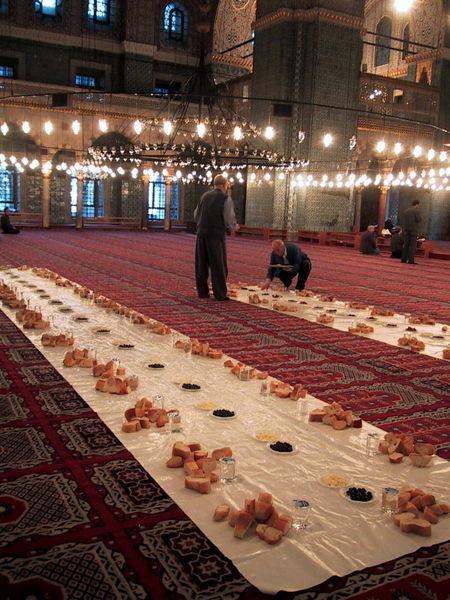
Photo by Creative Commons
Ramadan
0
Donate to The Battalion
$2790
$5000
Contributed
Our Goal
Your donation will support the student journalists of Texas A&M University - College Station. Your contribution will allow us to purchase equipment and cover our annual website hosting costs, in addition to paying freelance staffers for their work, travel costs for coverage and more!




